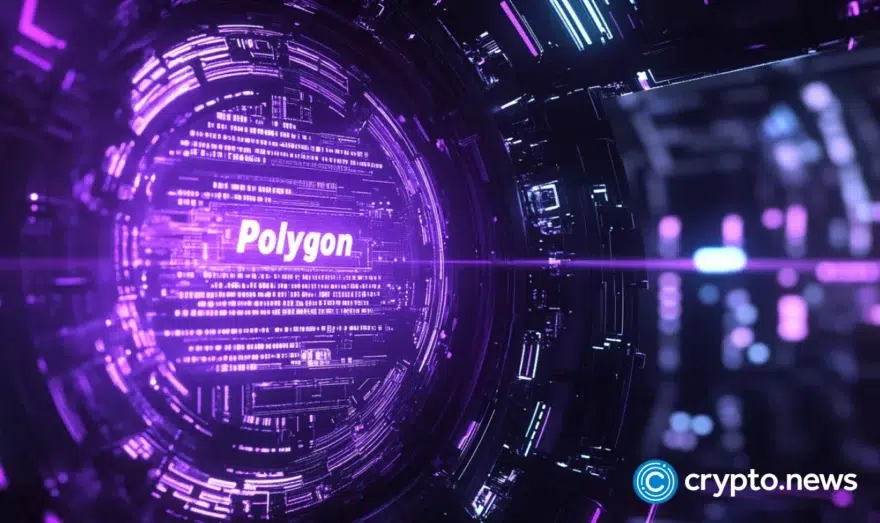Matter Labs CEO denies code plagiarism claims

There was a dispute on social media between the CEO of Matter Labs and the Polygon Zero team. The argument centered on accusations of code stealing and false advertising related to their proving system, Boojum.
The event has prompted discussion on the importance of adhering to open-source rules and how such actions can affect the industry.
The Polygon Zero team, known for their fast zero-knowledge proof systems, Plonky2 and Starky, raised concerns over the release of Boojum by Matter Labs.
Polygon said that Boojum included substantial plagiarised source code from the Plonky2 library without giving appropriate credit.
On Twitter, Alex denied the allegations and defended his team’s reputation.
He acknowledged that they could have handled the attributions better and emphasized the importance of open-source collaboration.
However, he disputed the claim that Boojum heavily relied on the Plonky2 code. He assessed that only about 5% of the Boojum code was based on Plonky2.
The conflict presents an ethical problem since it calls into question the open-source ethos and the accountability of contributors.
Even though open-source software may be used and altered without restriction, writers are expected to be acknowledged for their work.
According to Polygon Zero, if these standards are adhered to, it helps the open-source community. It prevents smaller teams from participating, slowing development.
The assertion by Matter Labs that Boojum was ten times quicker than Plonky2 in benchmarks also caused some controversy. Polygon Zero argued that this was untrue since the bench-marking was skewed because various proof sizes were utilized.
The friction between the two is a microcosm of the difficulties inherent in the broader crypto economy, where cooperation and rivalry are present.














